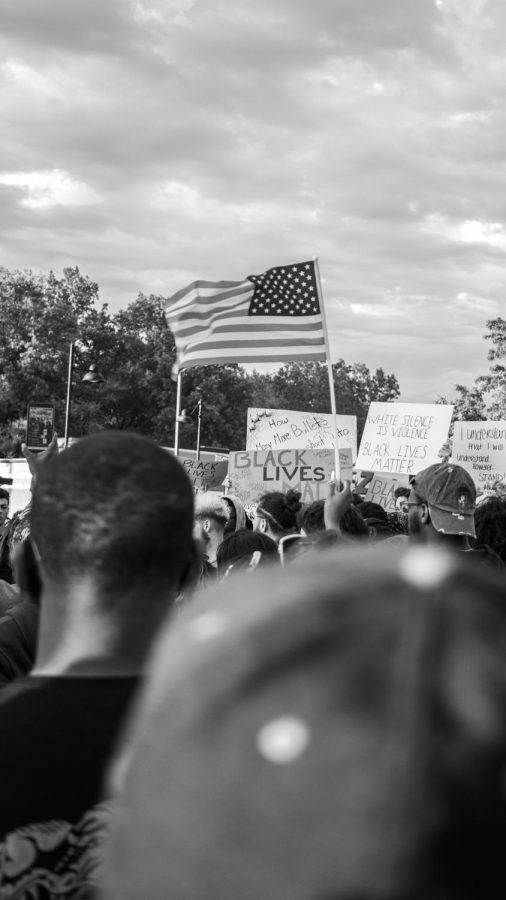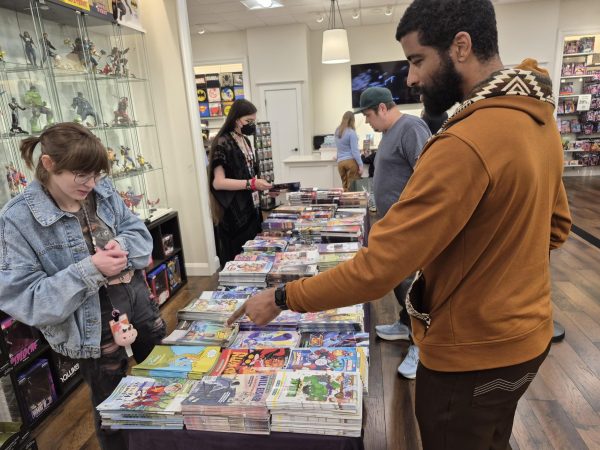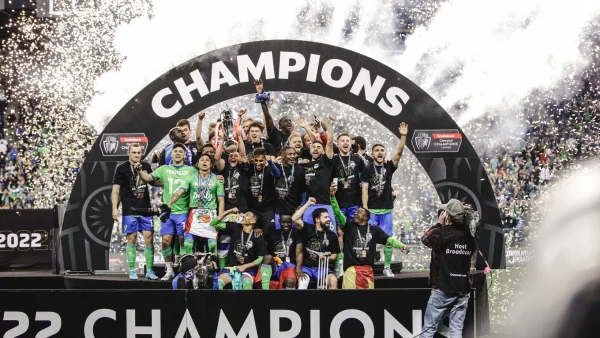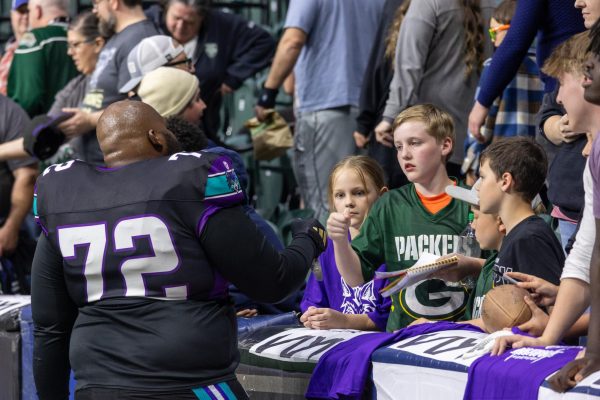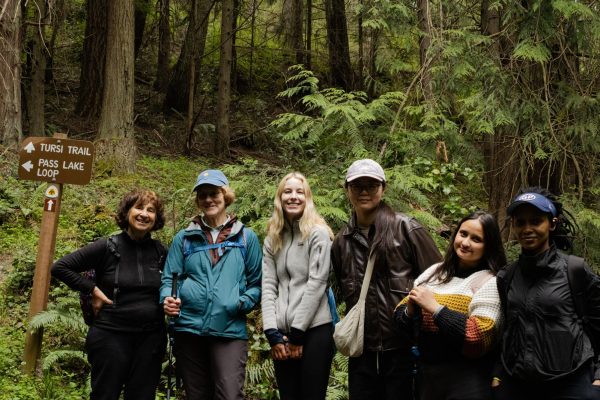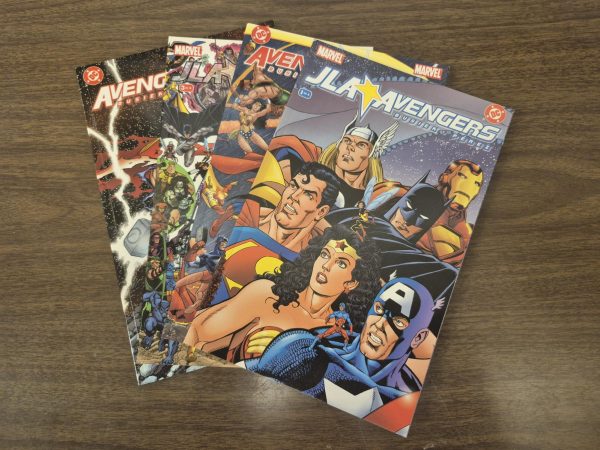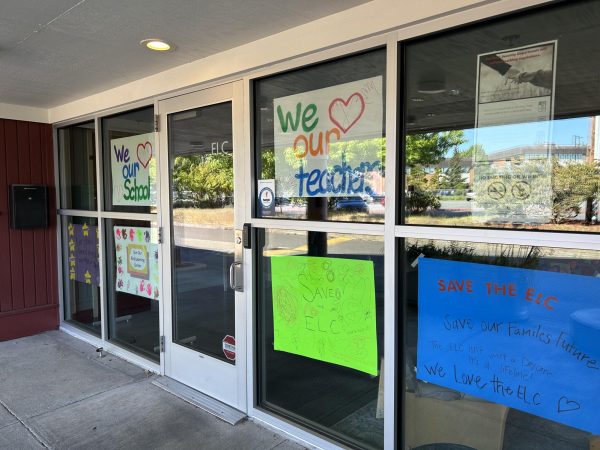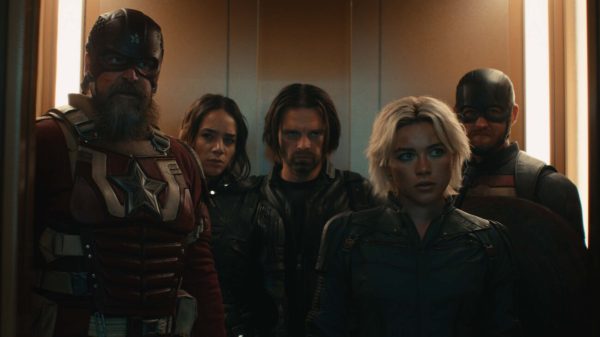Black History Month: Celebrating Pioneers of Freedom
EvCC reflects on what it means to be black in America.
In the fall of 1844, a band of weary travelers rested their wagons in Oregon Country.
After migrating 2,000 miles along the Oregon Trail, they discovered they were not welcome.
Over the previous six months, George Washington Bush wielded experience as a fur trapper to lead his family west from Missouri. A free black man in a slave state, he wished to escape prejudice and discriminatory laws.
Discrimination proceeded: The Oregon Territory no longer allowed black settlers.
Faced with the threat of physical and financial punishment, the Bushes ventured north. Four white families who traveled the Oregon Trail with their party accompanied them.
The north side of the Columbia River was an unknown frontier. Bush, determined to provide a better future for his children, used his fur-trapping negotiation skills to settle on a plot of land in the area now known as the Puget Sound. Thus a black man, George Washington Bush, was one of the first Americans to settle in Washington Territory.
In many ways, black Americans are still pioneers, mapping uncharted territory for future generations to find freedom.
In 1933, Dr. Carter G. Woodson published his work The Mis-Education of the Negro. He wrote: “The thought of the inferiority of the Negro is drilled into him in almost every class he enters and in almost every book he studies.”
Woodson, son of former enslaved parents and father of Black History Month, recognized the discrepancies between who black Americans were and the stories their oppressors told.
If a black man wished to be educated, he learned from white men that his ancestors accomplished nothing. African art, music, scientific and agricultural discoveries were erased. Black Americans were educated in the white European American version of history; if they advocated for recognition of their race, they risked justifying the very segregation they hoped to dismantle.
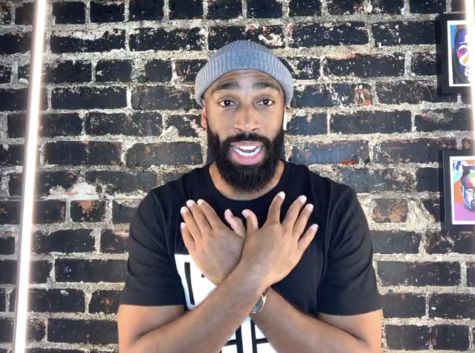
“We occupy a unique space in America,” black activist Monti Washington said to EvCC students during his “Which Lives Matter?” Zoom event. “We were not willing immigrants. We aren’t natives. We were property.”
It is said that time heals all wounds, but progress demands that white Americans recognize their role. Washington believes exposure is the best medicine for ignorance. “To deny that you have privilege is the problem, the divide.”
Martin Luther King Jr. famously said, “It’s a cruel jest to say to a bootless man that he ought to lift himself by his own bootstraps.” After hundreds of years of oppression and stigma based on skin color, black Americans have been blamed for their disadvantages.
“King’s tradition was challenging America to listen to itself. What America said it was going to do – its own democratic utterances. [‘I Have a Dream’] is not a speech about dreams, it’s a speech about promises,” Dr. Marc Lamont Hill said to EvCC students during his event “Building Community in an Hour of Chaos”. “We are not yet a nation that is as good as its promise.”
Dr. Hill recalled how before emancipation, slavery was the norm; slavery ended because people fought and dismantled a normalized system. He challenges us to consider today’s society and what we allow to be normal.
EvCC’s Diversity and Equity Center is fighting to make King’s dream a reality. Program manager DeLon
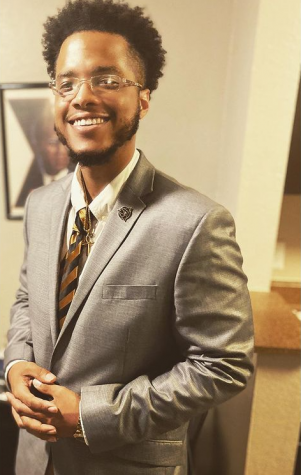
Lewis works to keep retention rates high and help black Americans graduate. He says that hiring President Willis drew him to EvCC. “It is an institution that wants to hire black people and put them in positions of leadership. There’s work to be done but I think the door is open to do a lot of great things here.”
A Black Solidarity Committee was formed to support Washington state’s black students and faculty in response to George Floyd’s death. Lewis and math instructor Corey Kline are part of the African American data team that uses data storytelling to implement change.
The goal is to improve racial equity when it comes to the hiring process. “Most students identify as non-white, while 80 percent of faculty is white,” Kline says.
Kline was recently hired at EvCC after leaving his hometown in Alabama. He says there is a perception that people in the South are racist and people in northern states like Washington are “liberal and evolved”, but that’s not always the case. “Some people know how to treat each other, and some people don’t,” he says.
“Black History Month is more than just for black Americans,” Kline says. “Get to know a black American. Make that your challenge. It’s not just about supporting black business or going to marches, I think it’s more like ‘get out of your bubble’. Get to know someone of a different culture…If you’re always surrounded by people who are like you or who look like you, you’re not going to grow and change. You have to get to know someone to really know how to support them.”
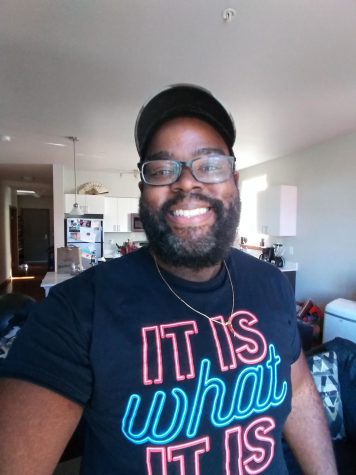
EvCC student Troy Toler, like most kids in the small town of Marysville, did his best in school growing up. He played sports, tried to make friends and stay out of trouble. But when Marysville saw Toler, they saw one thing: he was black, and they were white.
“I was the only black kid in my entire elementary school. That was kind of like a ‘welcome to the world’ moment.”
Toler experienced bullying from his peers and discrimination from school staff. “I always had to do that much more and be that much better than everybody else. With my basketball coaches, I had to be LeBron James to get playing time or be on their good side.”
Students constantly picked fights with Toler. One time, the assistant principal of his high school wrongly accused him of stealing food from the cafeteria. Few of his friends’ parents accepted Toler with warmth, and some wouldn’t allow hangouts.
Toler plays basketball, and he is good at it. He plays hard and loves the game. But in high school, dislike from his coach lost him a full-ride scholarship to SPU.
At the time, Toler wasn’t sure why his coach didn’t like him, and why he wasn’t allowed game tapes to give to colleges. Looking back, he is sure it was because of his race.
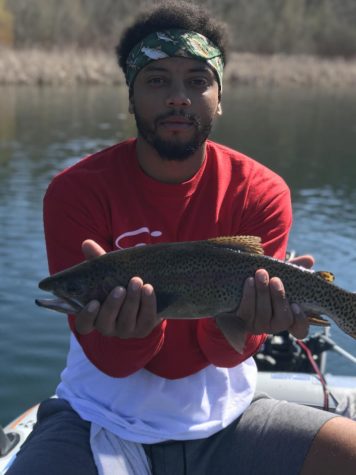
“My parents always said, ‘people are gonna push your buttons, people are gonna test you, but you can’t lash out. Because if you do, people are gonna say, ‘See, that’s how they are. That’s how black people are. I told you. That’s who he is.’”
The discrimination Toler faced only made him stronger. He has pioneered a new path for himself and is channeling his love of sports and writing into a journalism degree.
“If you deny me, then there is clearly a deep issue with you and how you view the world. I take pride in being black. I wouldn’t trade it for the world.”

What interests you about journalism?
I think true journalism seems to be one of the only things keeping our society functioning and moving in a positive...

